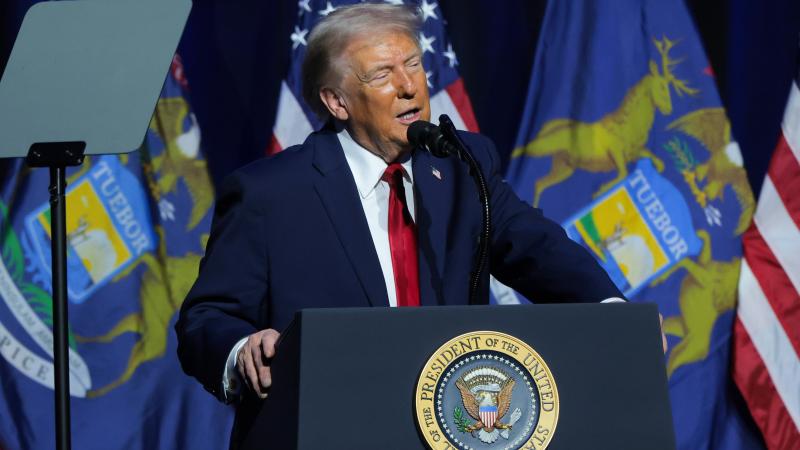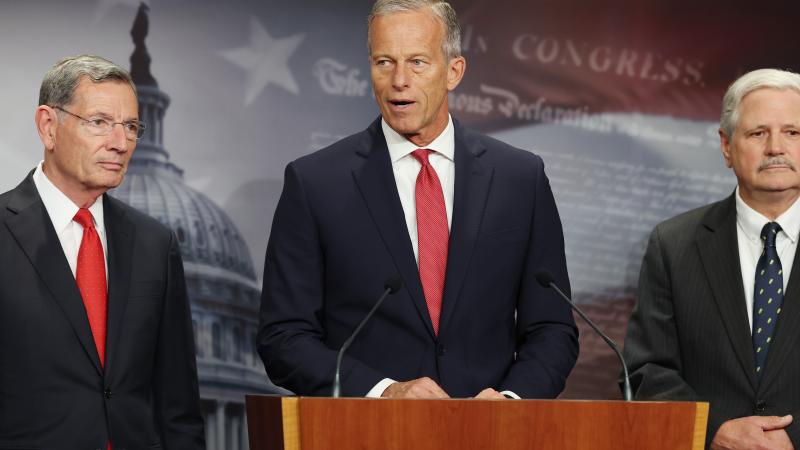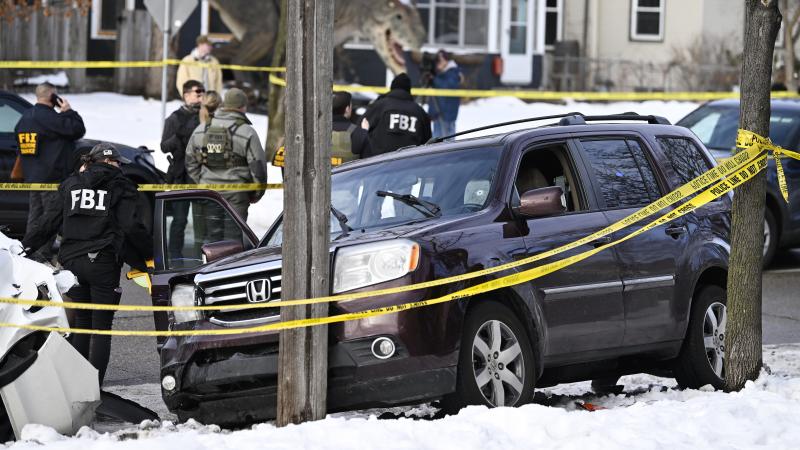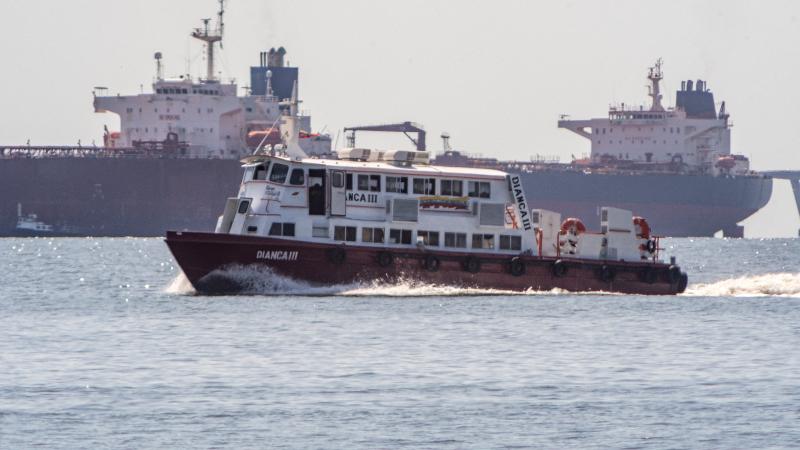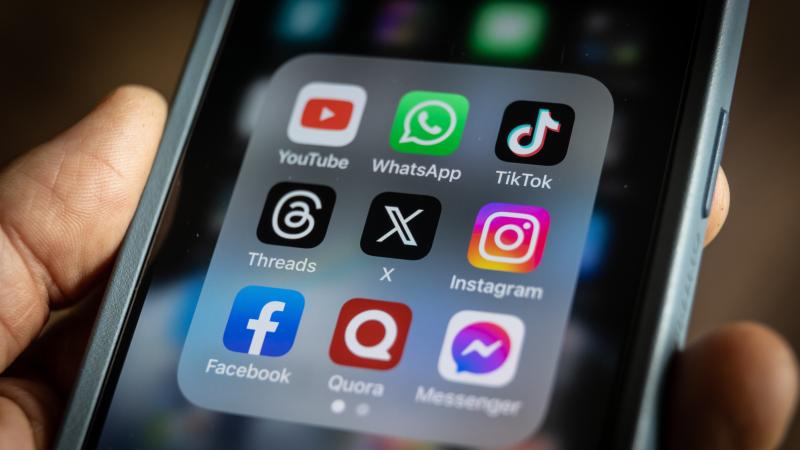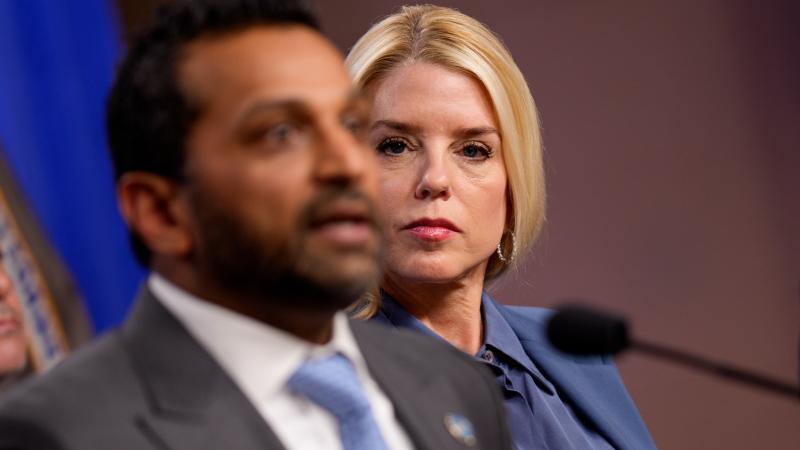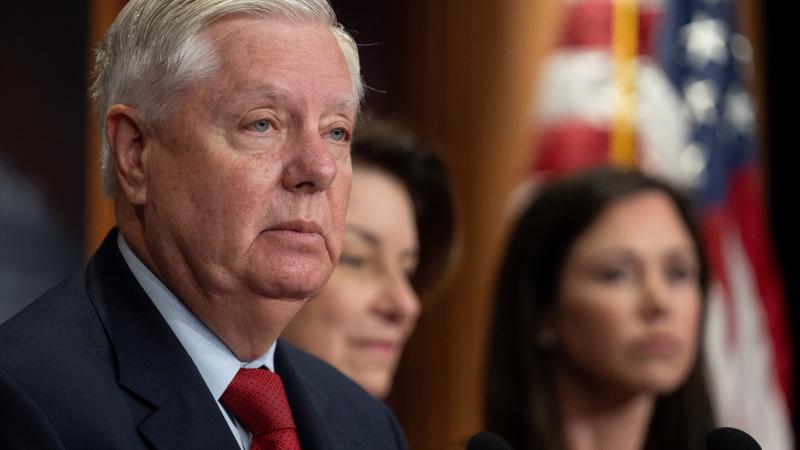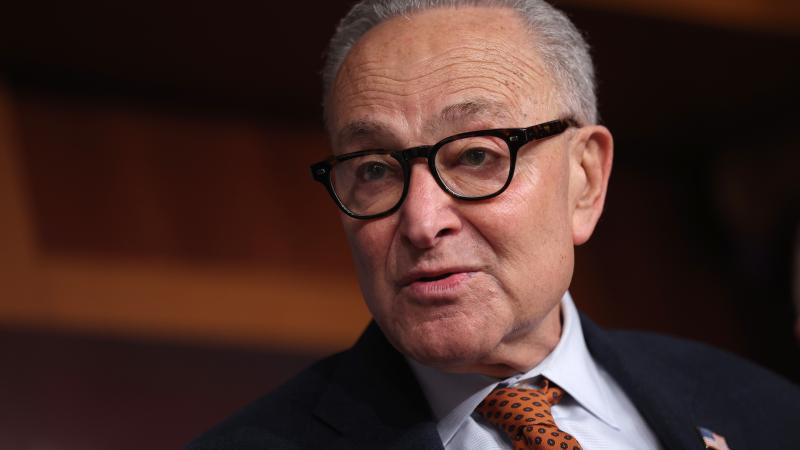NATO tailors defense rhetoric toward Trump as Europe eyes his return
The Ukraine War has prompted European and American leaders to reevaluate their handling of defense politics.
Hungarian Prime Minister Viktor Orbán’s visit Thursday to Mar-a-Lago to meet with former President Donald Trump suggests that at least some European leaders are preparing for the potential return of the former commander-in-chief to the White House.
“Peace mission 5.0.” Orbán posted afterward on social media. “We discussed ways to make #peace. The good news of the day: he’s going to solve it!”
Trump responded on Truth Social: “Thank you Viktor. "There must be PEACE, and quickly. Too many people have died in a war that should have never started!” – presumable referring to Russia's war on Ukraine.
The exchange at the conclusion of the NATO summit in Washington, D.C., in which foreign leaders and defense ministers, including Ukrainian President Volodymyr Zelensky, gathered to address the state of the alliance and the ongoing conflict in eastern Europe.
Trump, when president, regularly pressed NATO members to meet their 2% spending targets during his time in office. NATO Secretary-General Jens Stoltenberg last month announced that 23 of the alliance’s 32 members would meet their spending targets in 2024.
The Ukraine War has prompted European and American leaders to reevaluate their handling of defense politics and the role of the alliance. The prospect of Trump’s return, moreover, appears to have some of the bloc’s defense officials doing some soul searching.
NATO members appear mindful of a Trump return
Apart from Orbán, who is now president of the European Union, and other figures, notably defense ministers from the Baltic nations, appeared to tailor their own message to Trump, now the presumptive GOP presidential nominee, during the summit.
“NATO is a club," Estonian Defense Minister Hanno Pevkur said, according to Politico. "When you have club rules, then you respect the rules and you expect that everyone will also respect the rules. When you pay your fee in the golf club, you can play. It doesn’t matter how big is your wallet,”
The news outlet interpreted the golf analogy as a nod to Trump, who is known to be proud of his golf game.
Situated on the border with the Russian Federation, Estonia has ranked among the most ardent supporters of Ukraine amid the conflict. Other nearby nations appeared to address concerns over Trump’s NATO skepticism.
The “United States is indispensable for us," Latvian Defense Minister Andris Sprūds told Politico. "At the same time, I would say, it’s vice versa. We believe also that NATO is indispensable for the United States."
Still, European Council President Charles Michel says Orbán's visit to Trump's Mar-a-Lago house was not conducted on behalf of the EU, despite Hungary currently holding the presidency of the bloc.
Trump has his own plans for peace
Trump has repeatedly claimed that Russia President Vladimir Putin would not have ordered the invasion of Ukraine had he still been in office. He has also said he would solve the conflict within a single day if returned to the White House in November, a declaration over which Ukrainian and Russian officials have expressed skepticism.
In late June, Trump vowed that if elected he would resolve the conflict "as president-elect before I take office.”
Trump campaign communications Director Steven Cheun says Trump "has repeatedly stated that a top priority in his second term will be to quickly negotiate an end to the Russia-Ukraine war."
He also make clear Trump also believes European nations "should be paying more of the cost of the conflict, as the U.S. has paid significantly more, which is not fair to our taxpayers.”
Orbán carrying the torch
While Trump’s claims have raised eyebrows among many world leaders, they have resonated mostly clearly with Orbán, a far-right leader who stated in March that “there would be no war today if he were still president of the United States.”
But with the U.S. presidential election still months away, Orbán has tried to foster negotiations between Moscow and Kyiv, visiting both cities in recent weeks and meeting with the leaders of both nations.
Speaking to the Washington Post after his meeting in Kyiv, Orbán indicated that he urged Zelensky “to consider whether it might be possible to do things a bit differently – to stop the fire and then negotiate with Russia, as a cease-fire would speed up the pace of these negotiations.”
Orbán has also recently visited China. Through such visits, Orbán’s efforts to foster peace negotiations to end the ongoing Ukraine war have added volume to Trump’s own calls for talks and frustrated NATO allies and European Union members, many of whom support continuing the conflict until Ukraine wins.
But the Hungarian leader sees the prospects of a Ukrainian victory on the battlefield as remote and has encouraged Zelensky to change course.
China as a power broker
Orbán arrived in China on a surprise visit and met with President Xi Jinping, with whom he discussed the need to begin direct negotiations between Russia and Ukraine.
“China is a key power in creating the conditions for peace in the Russia-Ukraine war,” Orbán said in an X post. “This is why I came to meet with President Xi in Beijing, just two months after his official visit to Budapest.”
Throughout the conflict, China and Russia have strengthened their economic and military ties, with Beijing offering Moscow a critical lifeline to contend with western sanctions. Putin and Xi in May signed a joint statement in which they vowed to "deepen trust and cooperation in the military field" and "expand the scope of joint exercises and combat training.”
Putin and Zelensky seem open to Trump
With the war showing no signs of ending, the prospect of its continuing past the election and until such a point that Trump could influence negotiations seems likely. Major players in the conflict appear increasingly aware that Trump may return to the world stage and involve himself in the war and its resolution.
Indeed, Zelensky has repeatedly invited Trump to visit the war-torn nation to familiarize himself with the situation on the ground.
Trump’s having yet to articulate a plan appears to have frustrated , who last week urged him to do so.
“If Trump knows how to finish this war, he should tell us today," Zelensky said in a recent interview with Bloomberg Television.
Putin has suggested that he would welcome efforts from Trump to help end the war, saying during a recent trip to Kazakhstan that “[t]he fact that Mr. Trump as a presidential candidate is saying that he is ready and wants to stop the war in Ukraine, we take that quite seriously,” Agence France Presse reported.
He did indicate that he was unaware of Trump’s exact position, added that "I have no doubt that he says it sincerely, and we support it.”
Ben Whedon is an editor and reporter for Just the News. Follow him on X.
The Facts Inside Our Reporter's Notebook
Links
- Orbán posted
- Trump responded
- last month announced
- Hanno Pevkur said
- Andris Sprūds
- Russian officials have expressed skepticism
- vowed to resolve the conflict
- stated in March
- expressed the view
- taken the lead
- rankled his fellow NATO and European Union members
- Orbán indicated
- Orbán said in an X post
- signed a joint statement
- Associated Press
- favor the Russians to a moderate extent
- invited Trump
- he said
- Agence France Presse reported
- Follow him on X




